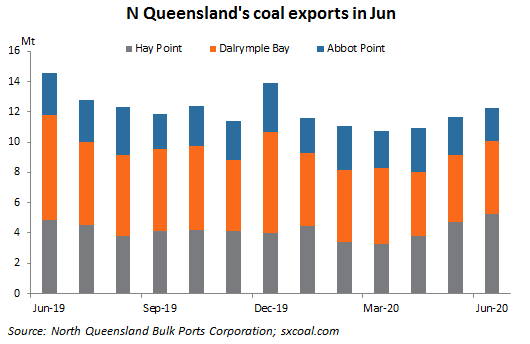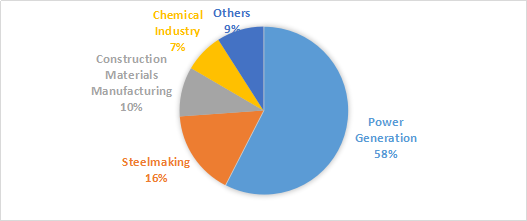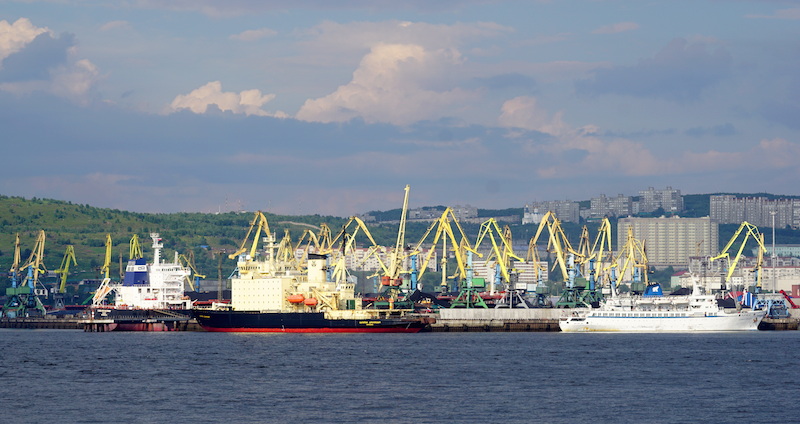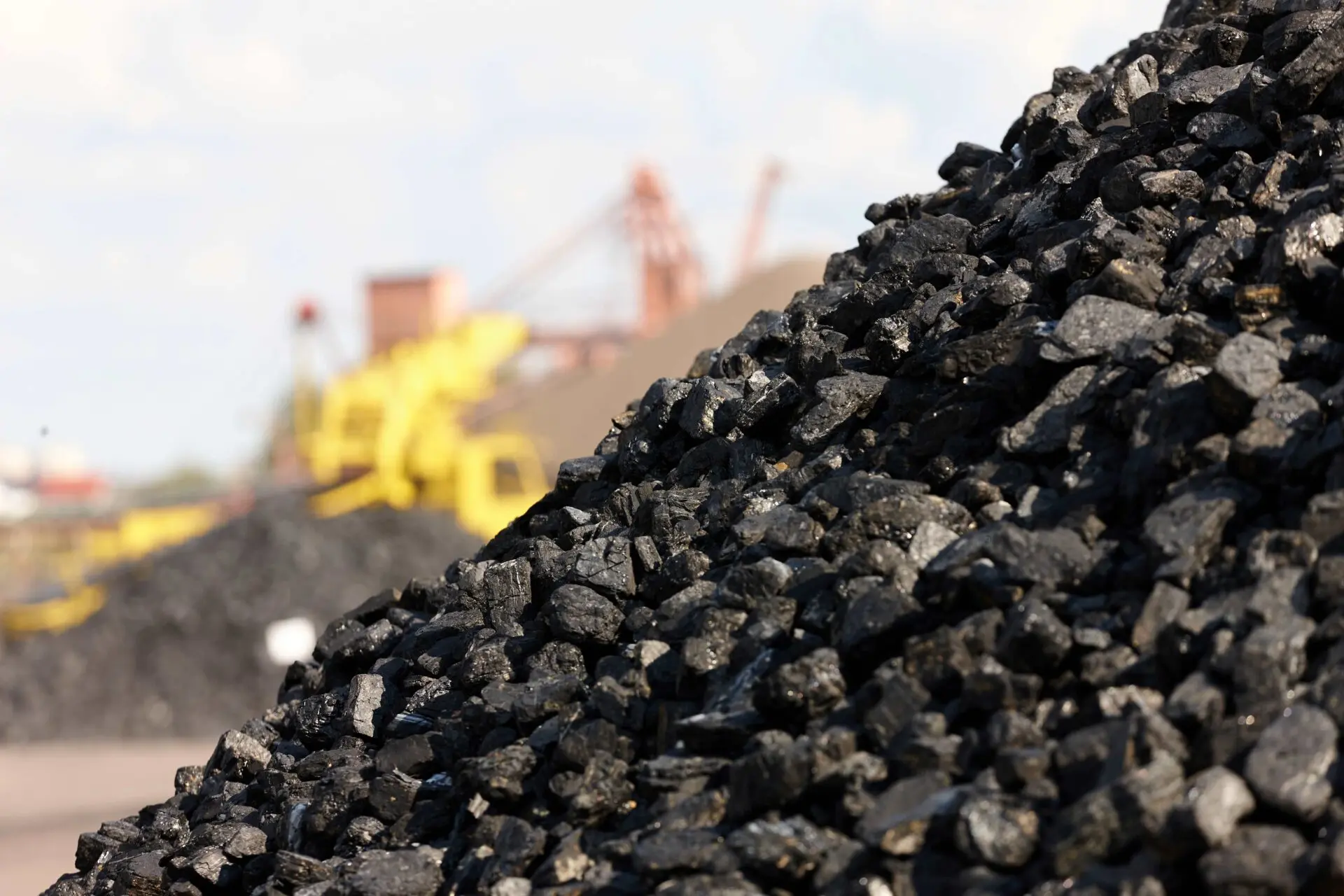
As the tumble in prices of metallurgical coke in China begins to weigh heavily on raw materials prices there, across the border in Mongolia, coking coal has been among the few products where prices are rising, supported by the disruption to Sino-Mongolian coal trading since mid-March.
As of March 24, Mysteel’s price assessment of processed Mongolian coking coal with 10% ash, 27% volatility and 0.65% sulphur had surged by Yuan 100/tonne ($15.3/t) on week to Yuan 1,400/t including the 13% VAT. The same day, the price of Mongolian raw coking coal at the Ganqimaodu border checkpoint in North China’s Inner Mongolia check point had increased by Yuan 120/t on week to Yuan 1,100/t including the 13% VAT.
In comparison, Mysteel’s assessment on China’s national composite coking coal price was still at Yuan 1,132.7/t including the VAT over March 16-23, unchanged at its two-month low.
Mongolian coal deliveries via Ganqimaodu have slowed significantly since March 16, after an employee of a copper mine close to the checkpoint tested positive for COVID-19 the day before, as reported.
To prevent the spread of the pandemic, local authorities ordered that the number of trucks laden with Mongolian coal allowed to pass through Ganqimaodu, the largest Sino-Mongolia coal trading port, be reduced to around 200 units/day from March 16, a reduction of some 300 trucks on day. As of March 23, the number had declined further to only 30 units/day, according to Mysteel’s survey.
Meanwhile, Mongolian coal transportation via Ceke, another border checkpoint some 500-km west of Ganqimaodu, was generally stable as of Tuesday, as 311 trucks crossed the checkpoint that day, according to Mysteel’s data. This was 52 trucks/day more than on March 15, though the total remained less than half of pre-pandemic levels.
The supply disruption of Mongolian coking coal may lend some support to the price of domestic premium hard coking coal in the Chinese market, anticipated a Shanghai-based analyst.
“Since China has restricted Australian coal imports last year, Mongolia has been one of the few overseas sources of premium coking coal,” he said, adding the recovery of Mongolian coal deliveries to China will depend on whether the resurgence of the pandemic in the country is brought under control. For now, the signs of that happening are not clear.
During the 24 hours until 11:00 am local time on March 22, new confirmed cases of the virus in Mongolia had refreshed a new high of 210 units, and within the subsequent 24 hours, another 206 cases were confirmed, according to the country’s official data.
Source: Sean Xie & Russ McCulloch



